Related Research Articles
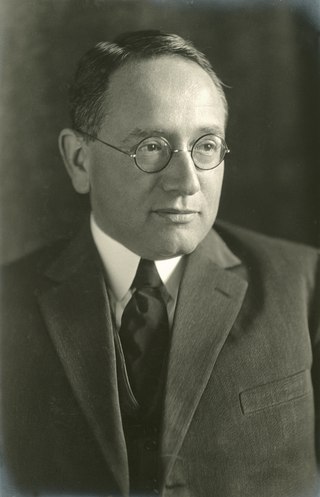
George Pólya was a Hungarian-American mathematician. He was a professor of mathematics from 1914 to 1940 at ETH Zürich and from 1940 to 1953 at Stanford University. He made fundamental contributions to combinatorics, number theory, numerical analysis and probability theory. He is also noted for his work in heuristics and mathematics education. He has been described as one of The Martians, an informal category which included one of his most famous students at ETH Zurich, John von Neumann.
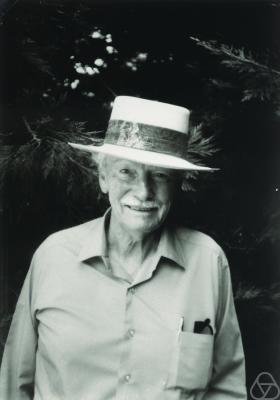
Ivan Morton Niven was a Canadian-American number theorist best remembered for his work on Waring's problem. He worked for many years as a professor at the University of Oregon, and was president of the Mathematical Association of America. He wrote several books on mathematics.
The Carus Mathematical Monographs is a monograph series published by the Mathematical Association of America. Books in this series are intended to appeal to a wide range of readers in mathematics and science.
Judith Victor Grabiner is an American mathematician and historian of mathematics, who is Flora Sanborn Pitzer Professor Emerita of Mathematics at Pitzer College, one of the Claremont Colleges. Her main interest is in mathematics in the eighteenth and nineteenth centuries.
William Wade Dunham is an American writer who was originally trained in topology but became interested in the history of mathematics and specializes in Leonhard Euler. He has received several awards for writing and teaching on this subject.
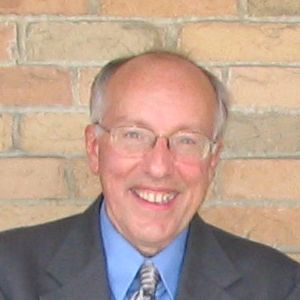
Joseph A. Gallian is an American mathematician, the Morse Alumni Distinguished University Professor of Teaching in the Department of Mathematics and Statistics at the University of Minnesota Duluth.
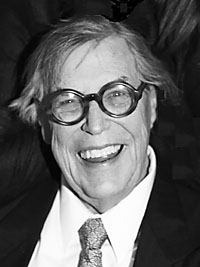
Asger Hartvig Aaboe was a Danish historian of the exact sciences and mathematics who was best known for his contributions to the history of ancient Babylonian astronomy. In his studies of Babylonian astronomy, he went beyond analyses in terms of modern mathematics to seek to understand how the Babylonians conceived their computational schemes.

Komaravolu Chandrasekharan was a professor at ETH Zurich and a founding faculty member of School of Mathematics, Tata Institute of Fundamental Research (TIFR). He is known for his work in number theory and summability. He received the Padma Shri, the Shanti Swarup Bhatnagar Award, and the Ramanujan Medal, and he was an honorary fellow of TIFR. He was president of the International Mathematical Union (IMU) from 1971 to 1974.

Charles Royal Johnson is an American mathematician specializing in linear algebra. He was a Class of 1961 professor of mathematics at College of William and Mary. The books Matrix Analysis and Topics in Matrix Analysis, co-written by him with Roger Horn, are standard texts in advanced linear algebra.
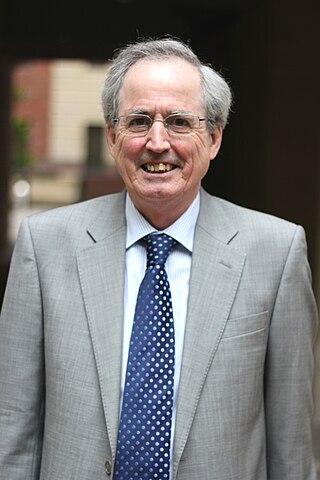
Raymond Flood is Emeritus Fellow and a member of the Continuing Education Department at Kellogg College, Oxford, and has been a Professor of Geometry at Gresham College.
Talithia D. Williams is an American statistician and mathematician at Harvey Mudd College who researches the spatiotemporal structure of data. She was the first black woman to achieve tenure at Harvey Mudd College. Williams is an advocate for engaging more African Americans in engineering and science.
Charles (Chuck) William Groetsch is an American applied mathematician and numerical analyst.
Daniel "Dan" Simon Kalman is an American mathematician and winner of nine awards for expository writing in mathematics.
John Fauvel was a British mathematician and historian of mathematics.
Gerrit van Dijk was a Dutch professor of mathematics and physics. In 2004 he was appointed an Officer of the Order of Orange-Nassau.
David Earl Zitarelli was an American mathematician and historian of mathematics, known for his 2-volume work on the history of mathematics in the United States and Canada.
The Anneli Lax New Mathematical Library is an expository monograph series published by the Mathematical Association of America (MAA). The books in the series are intended for a broad audience, including undergraduates, advanced high school students, the general public, and teachers. The American Mathematical Society (AMS) makes available the AMS/MAA Press Archive eBook Collection featuring several MAA book series, including the Anneli Lax New Mathematical Library.
Edward Wesler Packel is an American mathematician, game theorist, theoretical computer scientist, and expert on the use of Wolfram Mathematica in teaching mathematics. His 1981 book The Mathematics of Games and Gambling won the 1986 Beckenbach Book Prize.
Joseph Kirtland is a mathematician, specializing in group theory. His 2000 book Identification Numbers and Check Digit Schemes won the 2002 Beckenbach Book Prize.
Marvin David Marcus was an American mathematician, known as a leading expert on linear and multilinear algebra.
References
- 1 2 Hadlock, Charles Robert (1970). Singular perturbations of a class of two point boundary value problems arising in optimal control. University of Illinois at Urbana-Champaign. (biographical information from preface to Ph.D. thesis)
- ↑ Propp, James (January 1985). "MAA Awards, News & Letters". Mathematics Magazine. 58 (1): 57. doi:10.1080/0025570X.1985.11977151.
- ↑ "Pólya Lectures | Mathematical Association of America".
- 1 2 3 "Charles Hadlock, George Pólya Lecturer at the Mathematical Association of America". Leadar.
- ↑ University of Illinois (System), Transactions of the Board of Trustees, volume 58. 1968. p. 93.
- ↑ Charles Robert Hadlock at the Mathematics Genealogy Project
- 1 2 "Charlie Hadlock, Professor Emeritus, Mathematical Sciences". Bentley University Faculty (faculty.bentley.edu).
- 1 2 "Piper Personalities: Meet the Hadlock's & the Giasi's". Piper Shores Lifecare Community. March 6, 2023.
- ↑ Hadlock, Joanne (2011). Yard Sale Savvy: The Ultimate Guide to Bargains, Treasures, and Fun. Sandy Pond Press. ISBN 978-0983285007; pbk, 142 pages
{{cite book}}: CS1 maint: postscript (link) - ↑ De Figueiredo, Luiz Henrique (April 1, 2008). "review of Field Theory and Its Classical Problems by Charles R. Hadlock". MAA Reviews, Mathematical Association of America.
- ↑ Edelstein-Keshet, Leah (June 17, 1999). "review of Mathematical Modeling in the Environment by Charles R. Hadlock". MAA Reviews, Mathematical Association of America.
- ↑ Soto-Johnson, Hortensia (January 2, 2006). "review of Mathematics in Service to the Community by Charles R. Hadlock". MAA Reviews, Mathematical Association of America.
- ↑ Salzer, William J. (March 30, 2013). "review of Six Sources of Collapse by Charles R. Hadlock". MAA Review, Mathematical Association of America.